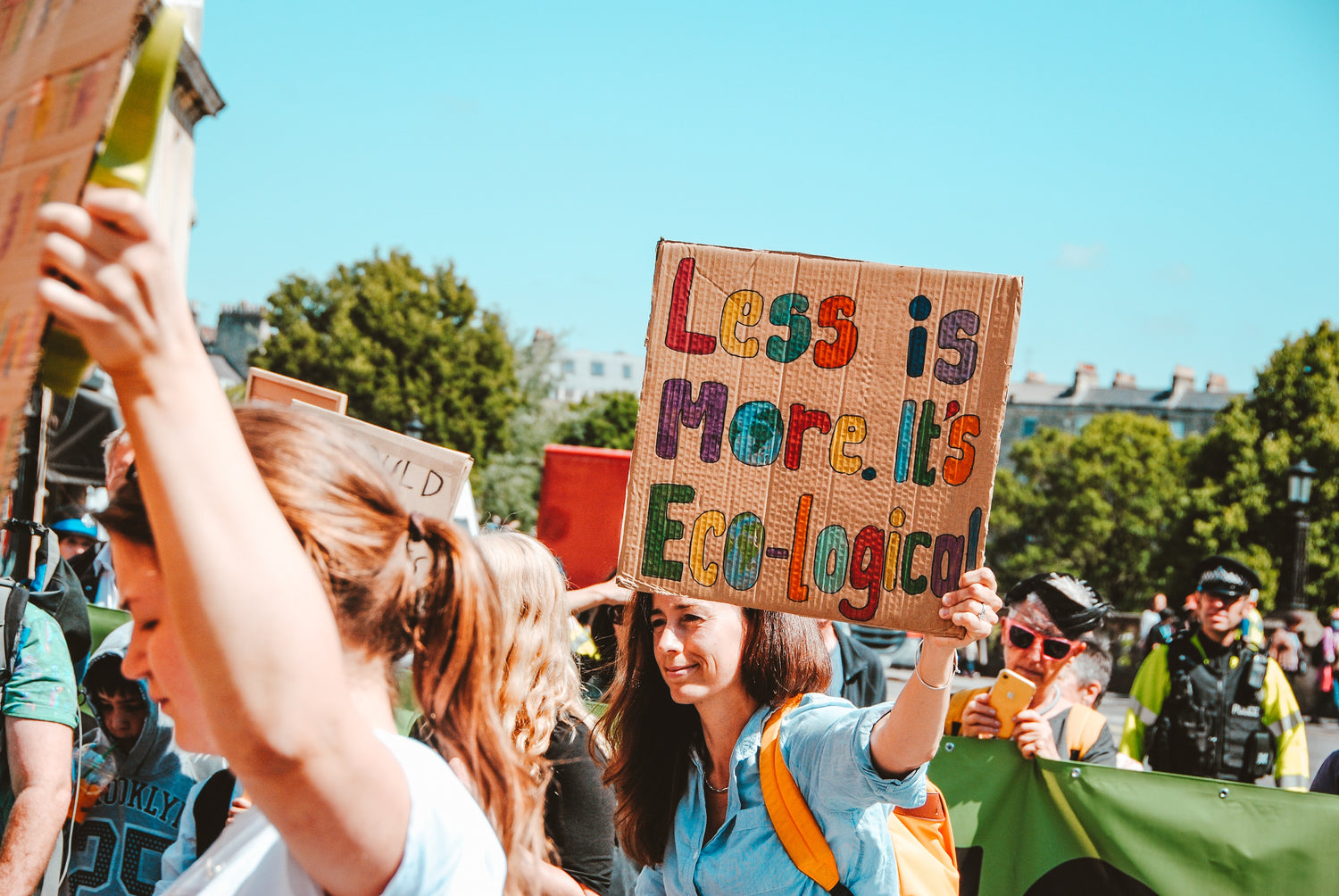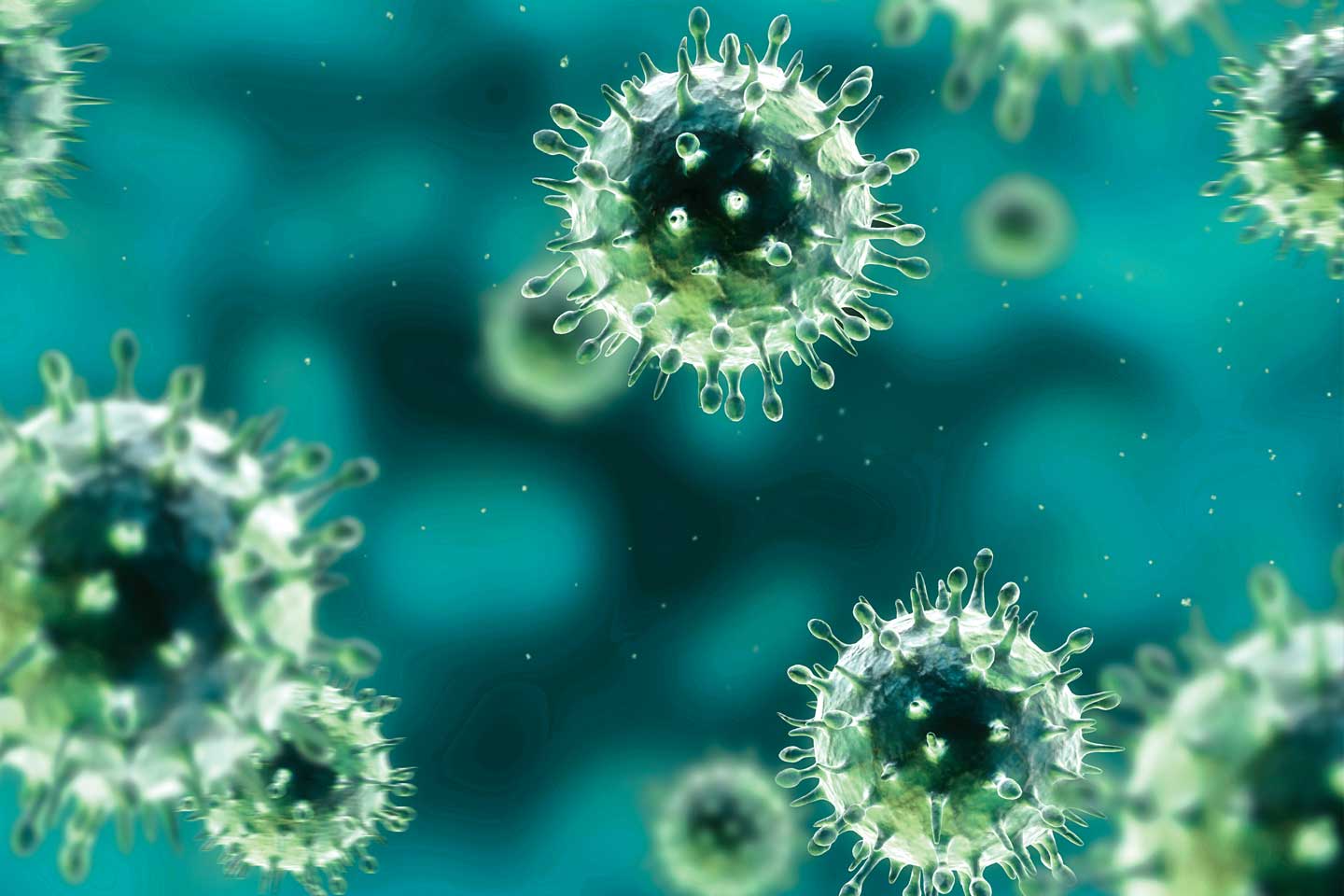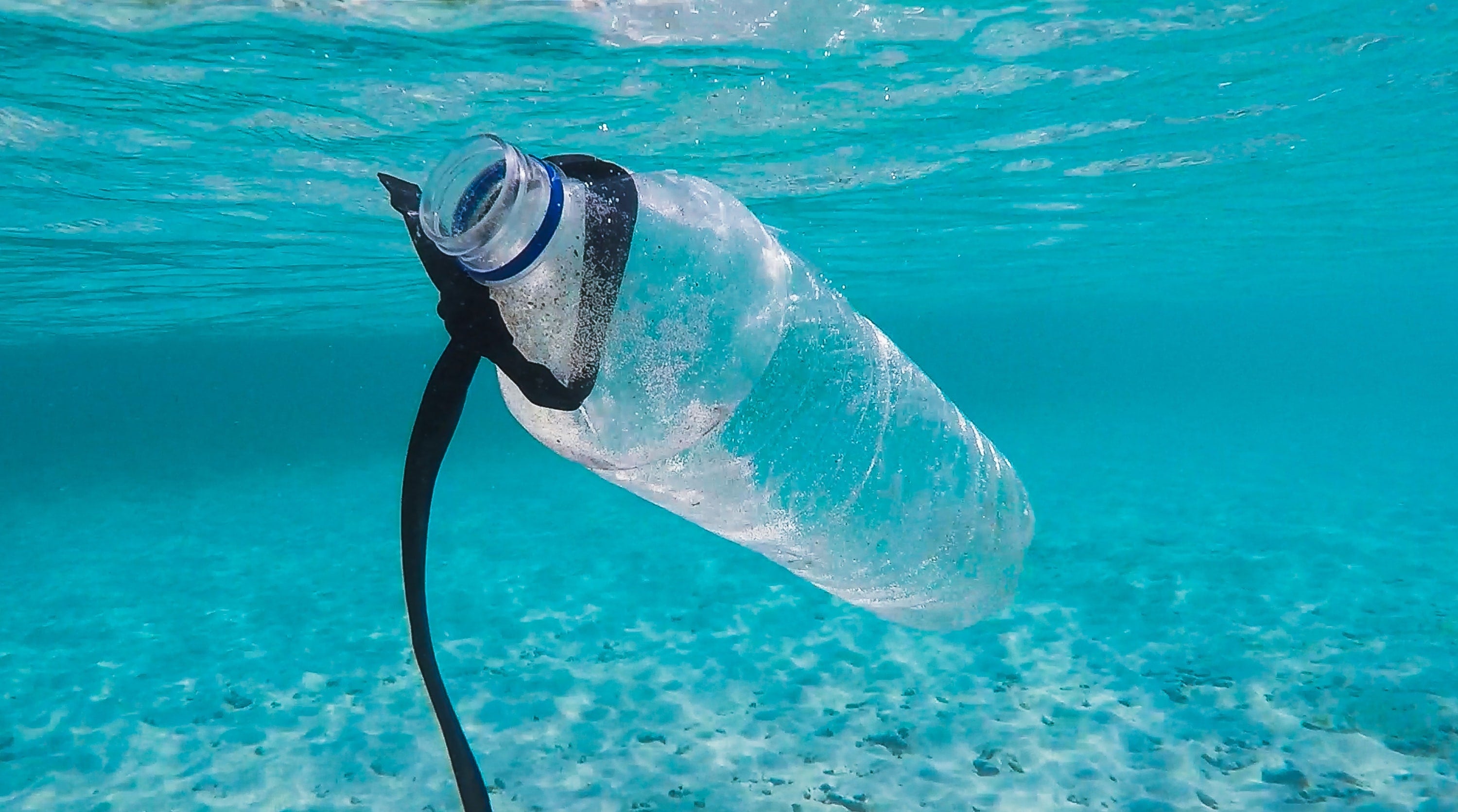Every day we are bombarded with information on climate change and waste issues – everything from the food we eat to the clothes we wear is in question. So, when it comes to living an eco-friendly lifestyle, knowing where to start can feel extremely overwhelming.
The good news is that the number of small, sustainable brands around is growing, and growing fast. More and more people are stepping up to do their part by making products that are more sustainable and accessible to those interested in low-impact living.
With that being said, here are 10 easy sustainable swaps that can help you lower your impact.
1. Swap Single Use Plastic Bottles for Reusable Bottles
We are all waking up fast to the realities of single use plastics. Yes, they can be convenient – but at what cost?! According to Surfers Against Sewage, in the UK we are using 38.5 million plastic bottles every single day and are struggling to recycle even half of them. Single use plastics take hundreds of years to biodegrade, so instead sit in landfills producing harmful gasses or end up in the ocean causing damage to precious underwater ecosystems.
Perhaps the easiest sustainable swap ever is simply using a reusable water bottle. Take it everywhere you go and it’ll become your new best friend! If you want to go one step further, choose a reusable water bottle like the ones from S’wheat that are sustainably made. Each bottle made by S’wheat is ethically produced, made from sustainably sourced materials, carbon neutral, and they plant a tree for every order, so you can promote an even bigger change!
2. Swap Shampoo Bottles for Shampoo Bars
How many plastic bottles are sitting in your shower right now? There are a number of easy sustainable swaps that you can do to make your bathroom a plastic-free zone, and one of our favourites is switching your liquid shampoo for shampoo bars.
A huge number of plastic bottles thrown away each year in the UK are shampoo bottles. Opting for a shampoo bar instead can easily reduce your personal plastic footprint. They are extremely easy to find these days and will do wonders for both your hair and your impact on the environment.
3. Swap Fast Fashion for Sustainable Fashion Brands
A lot of people don’t realize that the clothes they wear have a huge impact on the environment. Fast fashion is one of the most environmentally damaging industries in the world with huge amounts of waste occurring both in the production process and after our clothes are used. In fact, one truck full of textile waste goes to landfills or incineration every single second.
Thankfully, sustainable fashion brands are on the rise making it easier than ever to find easy sustainable swaps for your wardrobe. Lots of startups are looking for new ways to overcome sustainability challenges within the fashion industry, for example, sustainable underwear brand Pantee launched a collection of super soft and comfortable underwear made from deadstock t-shirts.
4. Buy Second Hand Over Buying New
One of the best sustainable swaps we can all do is buying second hand rather than always buying new! This can apply to all items, but it’s a trend that’s especially prominent when it comes to clothes. Platforms like Depop and Re-Fashion have made it easier than ever to snap up second-hand deals at the click of a button.
Buying second hand will not only save you money, but it also keeps items in circulation for longer which goes a long way to reducing their impact. Keeping clothes in circulation for just an extra 9 months can reduce their carbon and water footprint by 20-30%.
5. Compost Your Food Waste Instead of Sending it to Landfill
Did you know that if food waste were a country it would be the third largest emitter of greenhouse gasses (after the USA and China) in the world? Of course, cutting back your food waste is extremely important, but if you do have food that is going to waste, do your best to compost it instead of sending it to landfills. When organic waste ends up in landfills it produces the greenhouse gas methane, but when you compost food waste with other organics these emissions are reduced significantly.
6. Swap Cling Film or Tin Foil for Beeswax Food Wraps
Reusable beeswax food wraps like Bees Wrap or Bee Green Wraps can help you finally say goodbye to wasteful cling film or tin foil. Unlike cling film or tin foil which you throw out after one use, reusable food wraps can be used time and time again to store food whilst lowering your waste footprint.
Plus, beeswax food wraps are durable, will save you money in the long run, and can be composted when you are finished using them!
7. Choose Glass Tupperware Over Plastic Tupperware
Meal prepping is a great way to reduce food waste, but the question is – what’s the best way to store it? Although plastic tupperware us lighter and more durable than glass tupperware, glass options are undeniably better for the environment. Glass is fully recyclable meaning at the end of its life you’ll find it much easier to dispose of it responsibly. Plus, glass doesn’t absorb food in the same way that plastic does, meaning you can keep it much cleaner and it will likely last much longer.
8. Reusable Paper Towels vs Single Use Paper Towels
Reusable paper towels are a great zero waste alternative that can help you to create a positive impact. Paper towels are not always made from responsibly sourced paper, and sadly a lot of the wood pulp that is used to create paper towels is not extracted sustainably from forests. Therefore, switching to reusable paper towels instead of single use paper towels is a great way to stop supporting damaging deforestation.
They also significantly reduce waste, as instead of throwing paper towels into your landfill after waste you can instead put them through the wash and use them time and time again. It’s a win-win!
9. Ditch Harsh Chemicals and Use Eco-Friendly Cleaning Products
Eco-friendly cleaning products have a number of benefits, number one being that they aren’t packed full of harsh and harmful chemicals. Common cleaning chemicals can be very damaging and present a risk to the environment every time they are washed down the drain. They can also pose a risk to you and your family, as they contain a lot more allergens than eco-friendly alternatives and can be damaging when they come into contact with your skin.
Eco-friendly cleaning products, on the other hand, are much kinder to you and the planet. Often plant-based, eco-friendly cleaning products such as Method or Meyers are made up of biodegradable ingredients, minimizing their impact when they are washed away. Plus, their natural ingredients are much safer if and when they are breathed in or come into contact with skin.
10. Donate vs Throwing Away
When it comes to low-impact living, having less is definitely more. If you are planning a big clear out to embark on a more minimalist lifestyle then look to donate where you can rather than throwing things away! Donating clothes, furniture or any other items you may have keeps them in circulation and out of landfill.
Sustainable Swaps Don’t Have to be Difficult
Hopefully, you’ll find these sustainable swaps make it easy for you to create a positive impact!
Making better choices for the environment doesn’t have to be difficult or expensive, and many of these swaps can actually save money in the long run. Sometimes, knowing where to start can be the hardest part, but when we all take small steps in the right direction the combined effort can create a huge difference.
This article was written for S’Wheat by Pantee, a sustainable underwear brand in the UK that creates super soft and comfortable underwear from deadstock t-shirts and fabrics. Pantee is on a mission to create underwear that supports both you and the planet from top to bottom. As well as creating their sets from deadstock fabrics, Pantee also plants a tree for every order and uses plastic-free, recyclable packaging. Find out more at pantee.co.uk.




Leave a comment
All comments are moderated before being published.
This site is protected by hCaptcha and the hCaptcha Privacy Policy and Terms of Service apply.